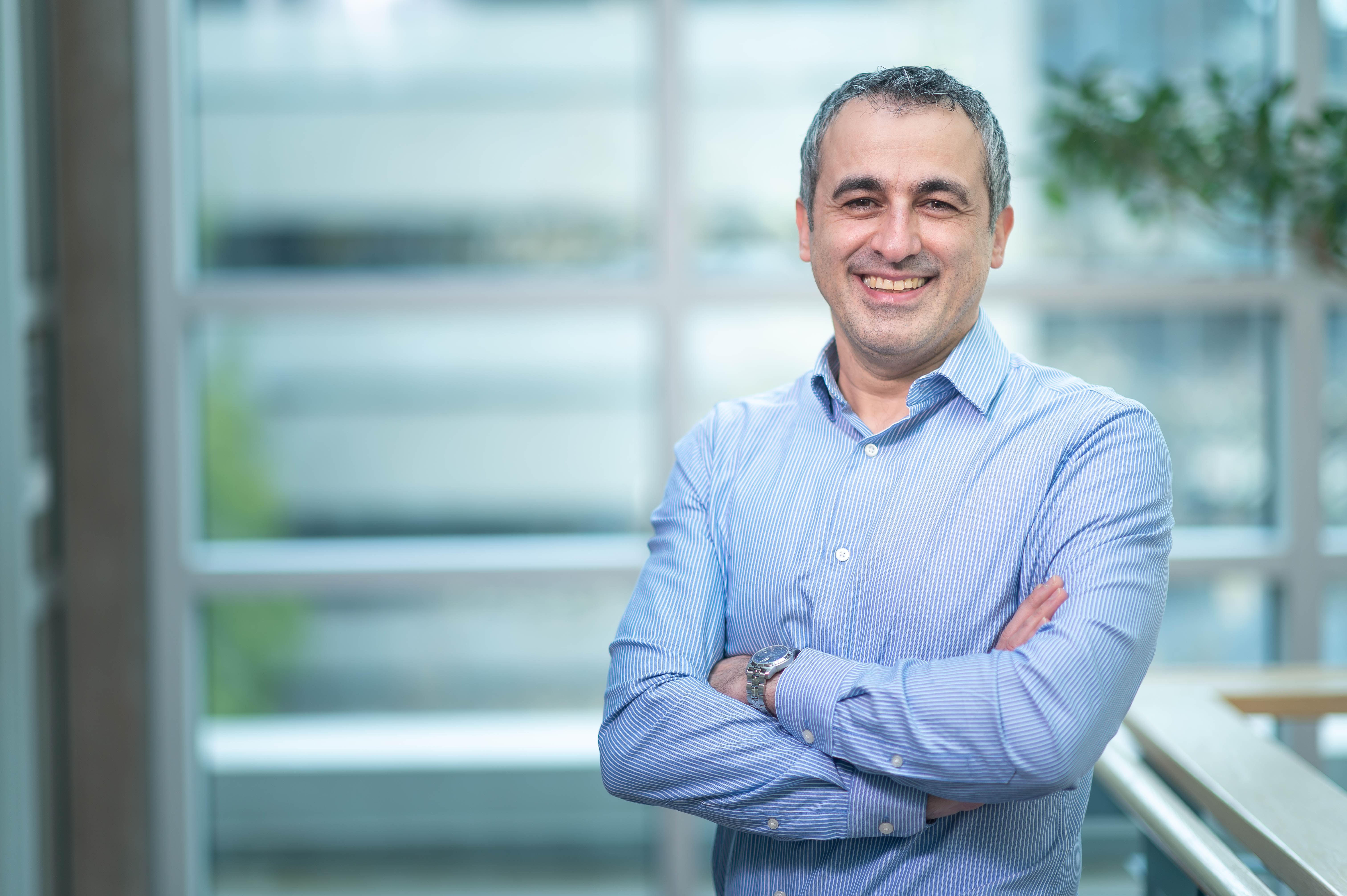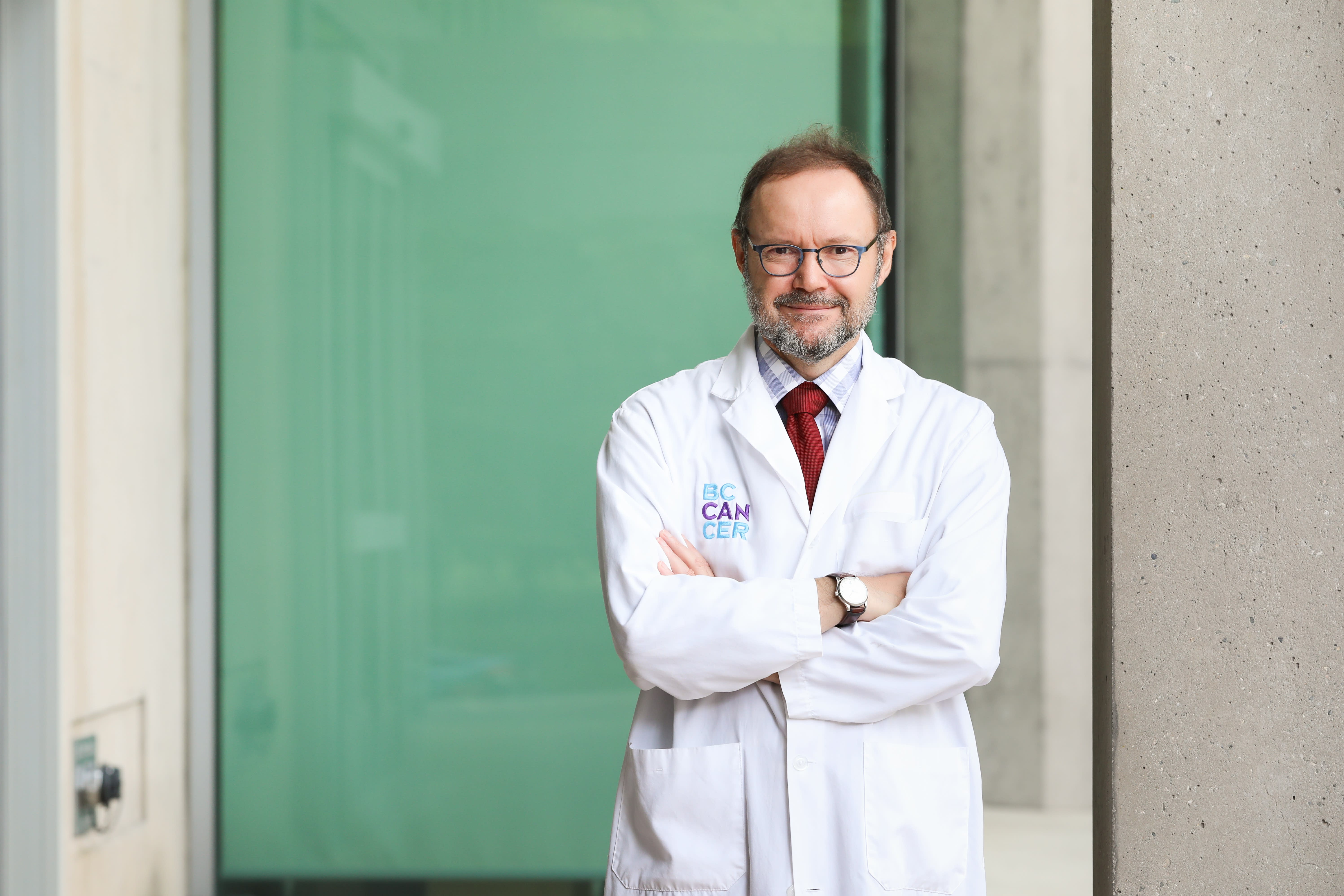Hello! My name is David Huntsman, and I’m a pathologist and clinical cancer geneticist at the BC Cancer Agency Vancouver Centre. I have the great privilege of running our Ovarian Cancer Research (OvCaRe) team, and this month I’d like to share more about the OvCaRe program with you, from how it started to where it’s headed. First, I’ll share how and why I chose to study ovarian cancer.
Originally, I was certain my destiny was to become a rural family doctor, while attending medical school at Memorial University in Newfoundland. After medical school, I worked in Western Labrador for two years and learned a lot but was dissatisfied with how little I knew about the diseases I was treating. From there, I chose to study pathology at the University of British Columbia (UBC).
During my pathology training, I was introduced to molecular genetics and the ability to use DNA sequencing information to make important clinical decisions — this experience was really exciting for me. I continued my studies for two more years at the University of Cambridge, U.K., and learned how to run a DNA diagnostics laboratory and how our genes influence our risks of cancer.
By 2001, I had returned to B.C. and set up my research program at the BC Cancer Agency. At that time, most of my research was in stomach and breast cancer, but I soon decided to dedicate my career mostly to ovarian cancer research for a few reasons.
Ovarian cancer outcomes are not as good as some other cancers, and I felt that more ovarian cancer research could have an immediate positive impact. My colleagues and I also saw that progress in ovarian cancer research to date was slower because we were treating it as if it were a single type of cancer. We suspected there were many components to ovarian cancer, and I knew I could make a difference with my background as a geneticist, genomics researcher and pathologist. Last of all, it was a pleasant environment to work in, and I was inspired by my colleagues.


